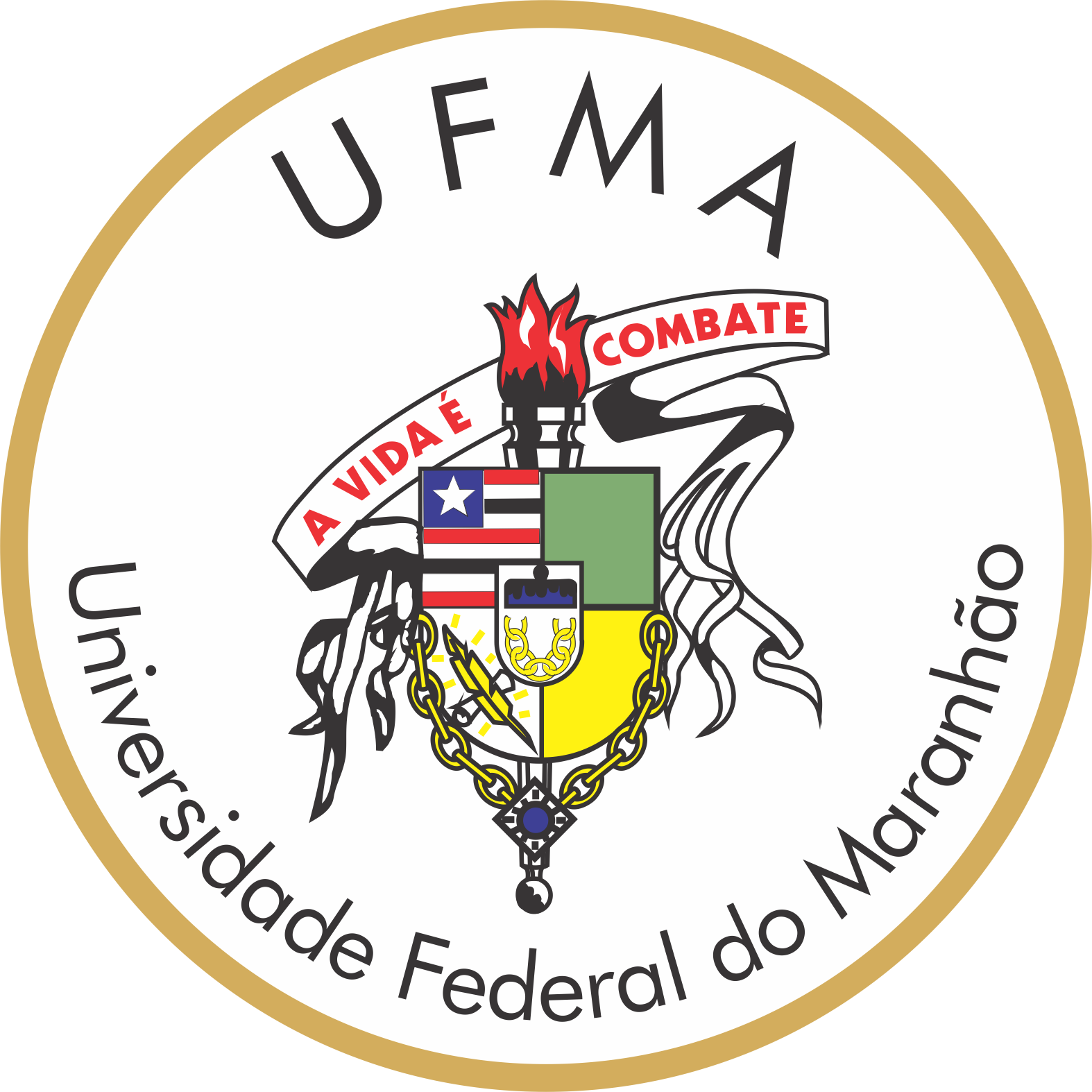Banca de DEFESA: MATHEUS CHAVES MENEZES
2023-07-17 09:17:07.708
Uma banca de DEFESA de DOUTORADO foi cadastrada pelo programa.
DISCENTE: MATHEUS CHAVES MENEZES
DATA: 27/07/2023
HORA: 09:00
LOCAL: Plataforma Google Meet
TÍTULO: Biologically inspired approaches to building spatial maps for spatial navigation and learning
PALAVRAS-CHAVES: Spatial Navigation, Cognitive Maps, Latent Learning, RatSLAM
PÁGINAS: 100
GRANDE ÁREA: Ciências Exatas e da Terra
ÁREA: Ciência da Computação
SUBÁREA: Metodologia e Técnicas da Computação
RESUMO: Navigating unfamiliar spaces and searching for resources, such as food and water, is fundamental for survival in many animals, including humans. For nearly a century, behavioral and cognitive neuroscience research has supported the existence of cognitive maps, which animals employ to navigate spatially. Cognitive maps enable animals to perform complex tasks, including acquiring a global roadmap from distinct concepts once connections are established. Furthermore, studies have revealed that building a cognitive map before engaging in reward-based tasks can enhance learning speed, as evidenced by latent learning experiences. However, the specific factors contributing to the observed differences in learning speed, as influenced by experimental design and exploration strategies in Latent Learning, remain an open question. This doctoral thesis proposes novel computational approaches inspired by biological principles for building spatial maps to facilitate spatial navigation and learning. The Simultaneous Localization and Mapping (SLAM) algorithm, inspired by the navigation process in rodent brains, known as RatSLAM, has been extended by developing a novel structure merge approach to address the challenge of multisession mapping. RatSLAM is also integrated as a state representation learning algorithm within the CoBeL-RL framework, a reinforcement learning framework built on recent neuroscience findings, enabling agents to learn spatial tasks in unknown environments. By utilizing this framework, latent learning experiments are investigated to gain insights into the impact of different experimental designs and exploration strategies on learning speed. The results demonstrate RatSLAMs successful performance in multisession mapping using real-world datasets and the ability of virtual agents to learn spatial tasks in unfamiliar environments. Additionally, it is shown that agents acquire distinct Successor Representations based on the specific experimental designs, providing a potential explanation for variations in learning speed. Overall, this thesis contributes to robotics and computational neuroscience by deepening our understanding of the cognitive processes involved in spatial navigation and providing practical insights for developing more effective robotic systems and computational models inspired by biological principles.
MEMBROS DA BANCA:
Presidente - 1091306 - ALEXANDRE CESAR MUNIZ DE OLIVEIRA
Interno - 2044484 - AREOLINO DE ALMEIDA NETO
Interno - 1564359 - LUCIANO REIS COUTINHO
Externo à Instituição - DANTE AUGUSTO COUTO BARONE - UFRGS
Externo à Instituição - EDISON PIGNATON DE FREITAS - UFRGS
Co-orientador externo à instituição - SEN CHENG - RUHR
